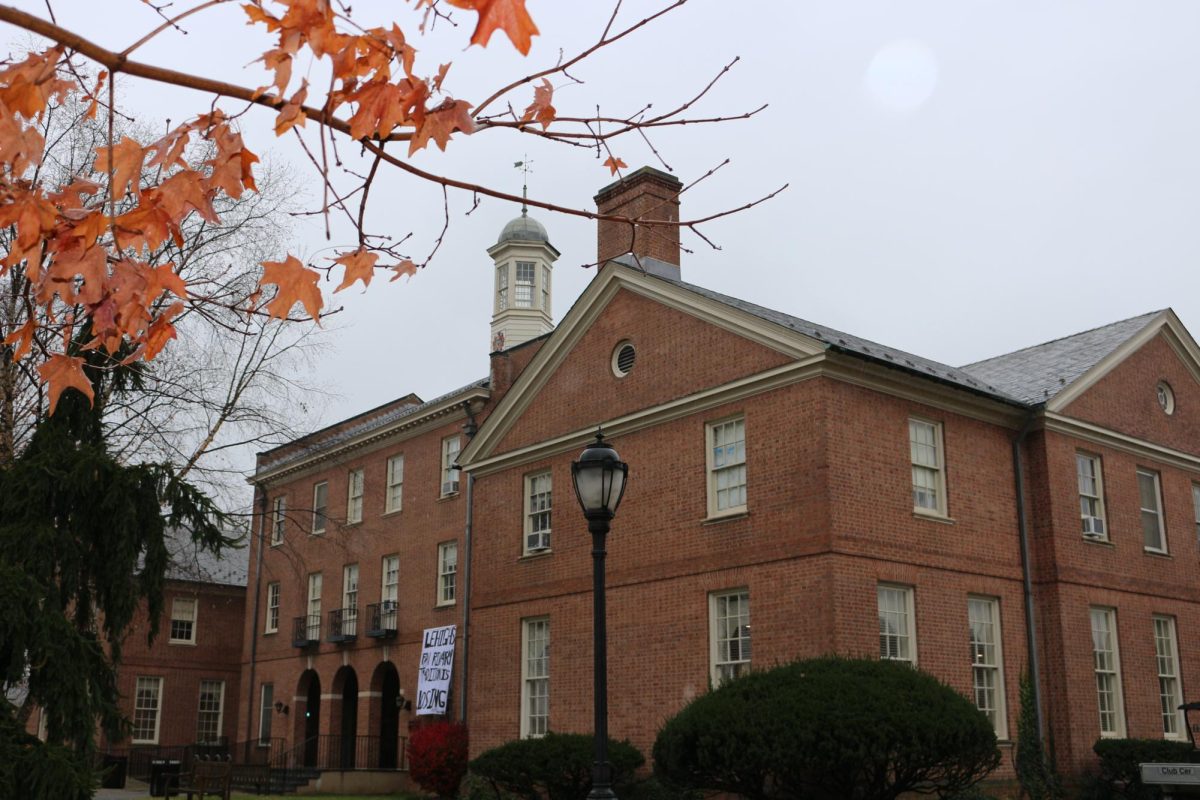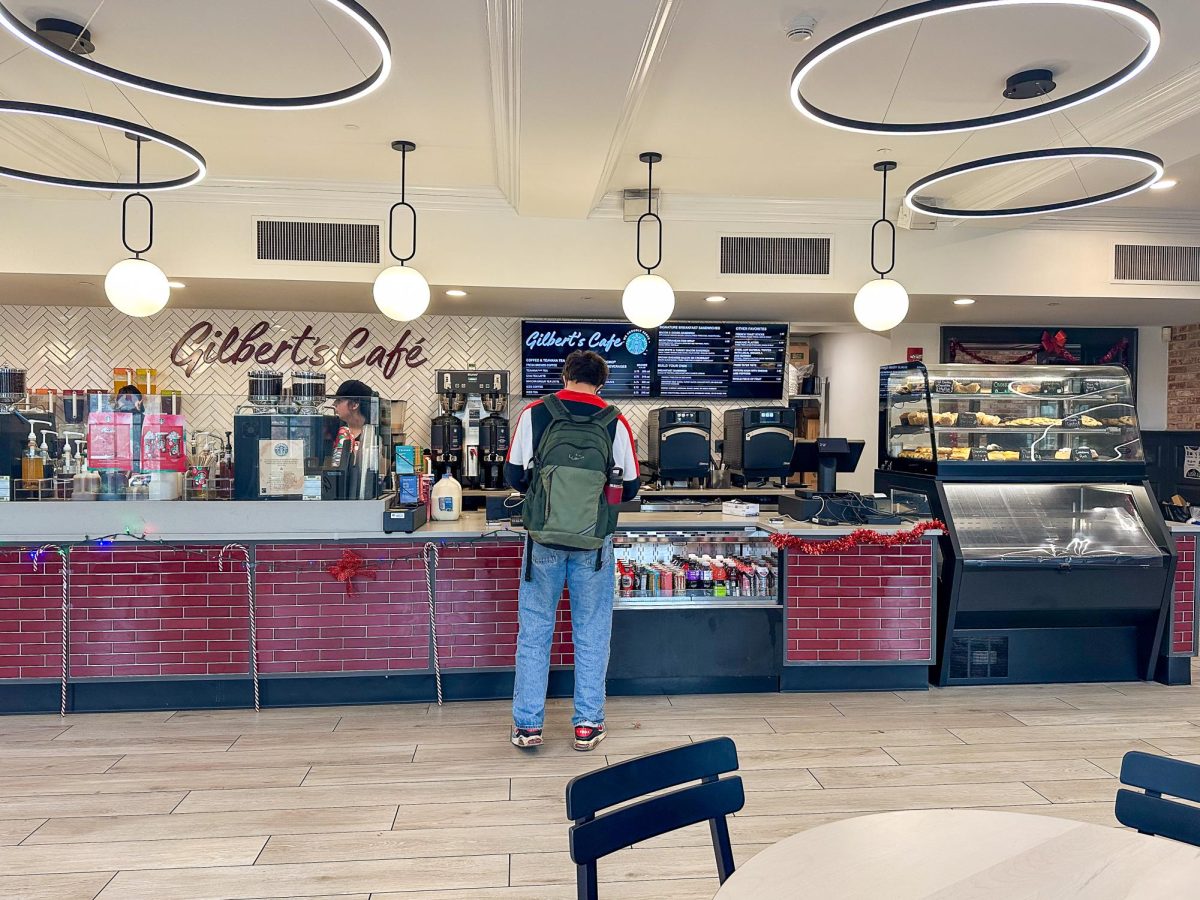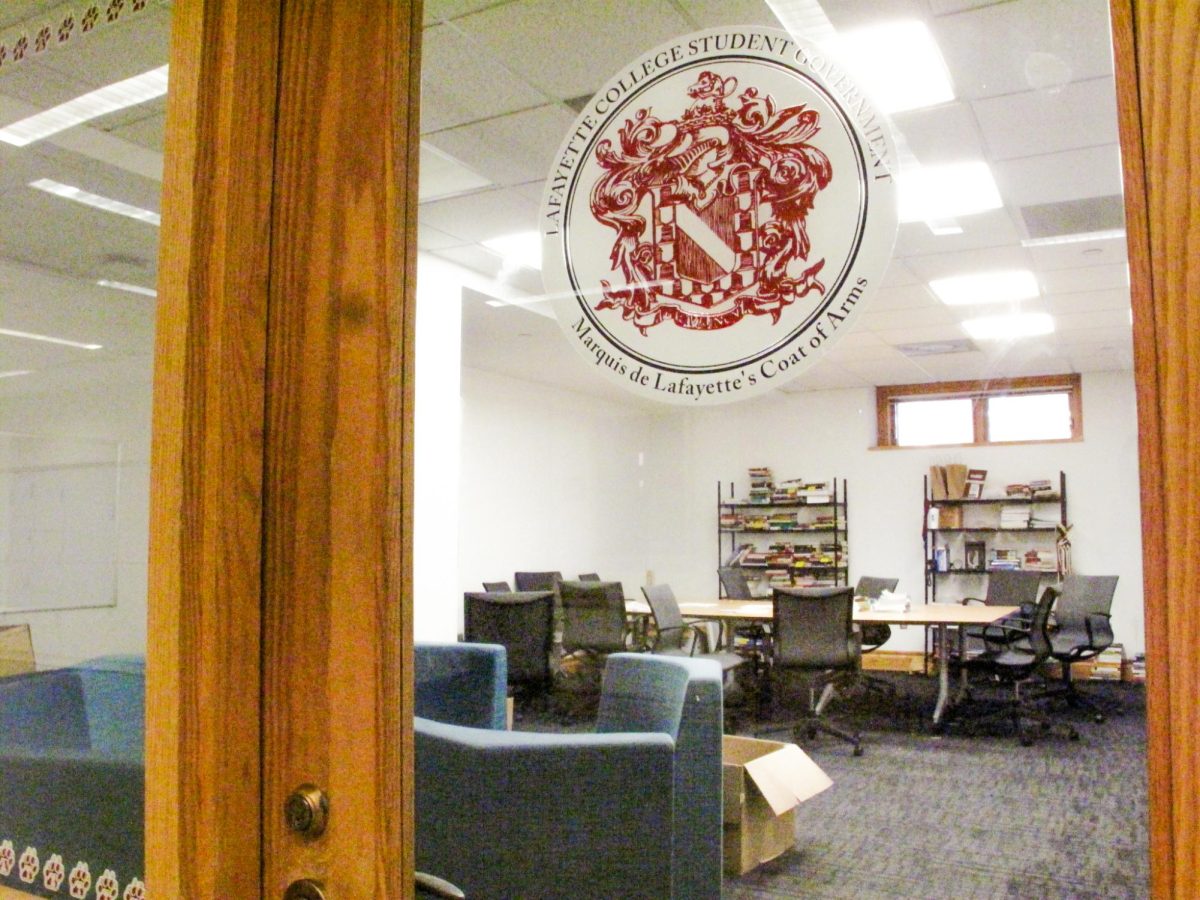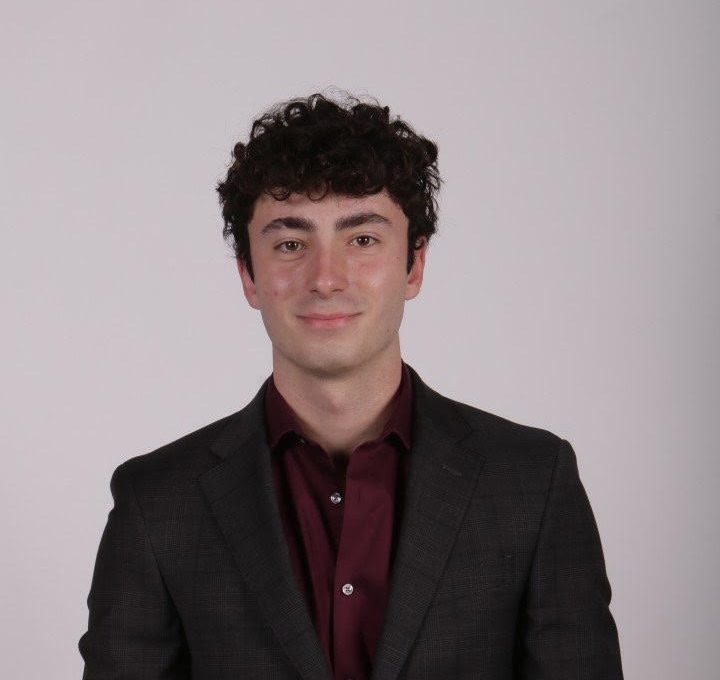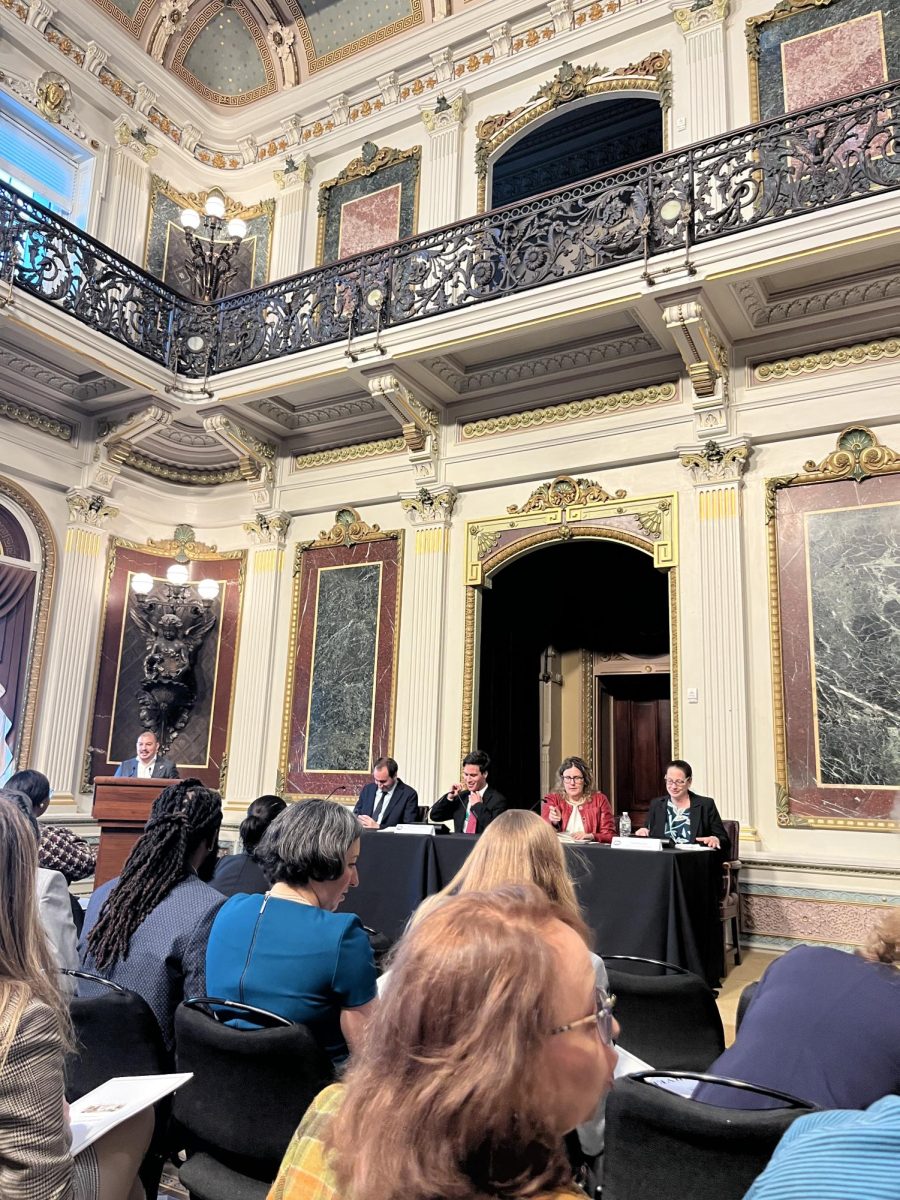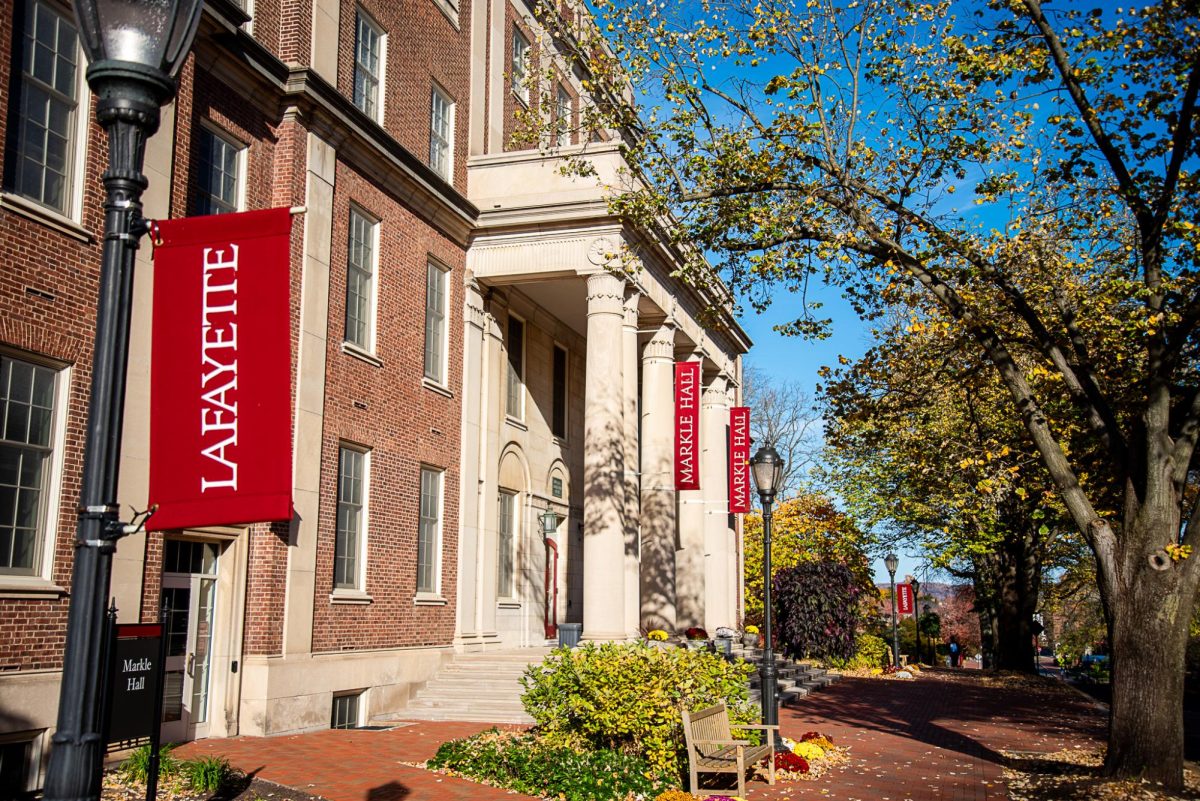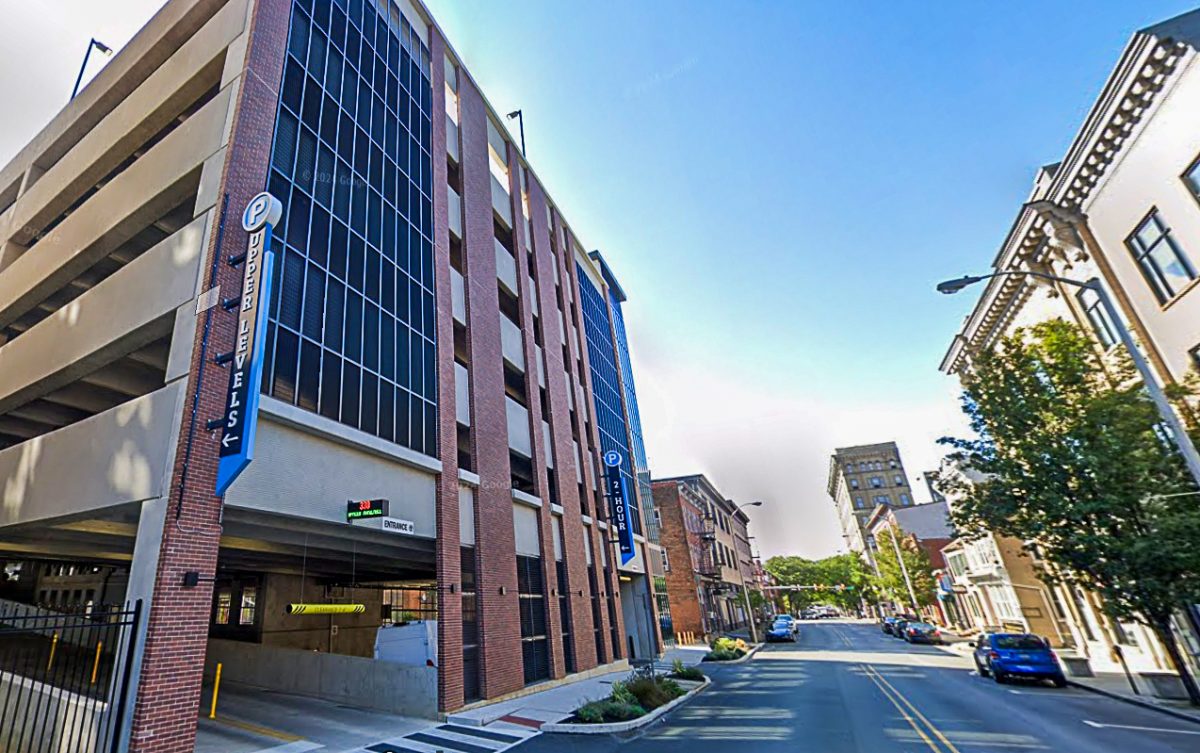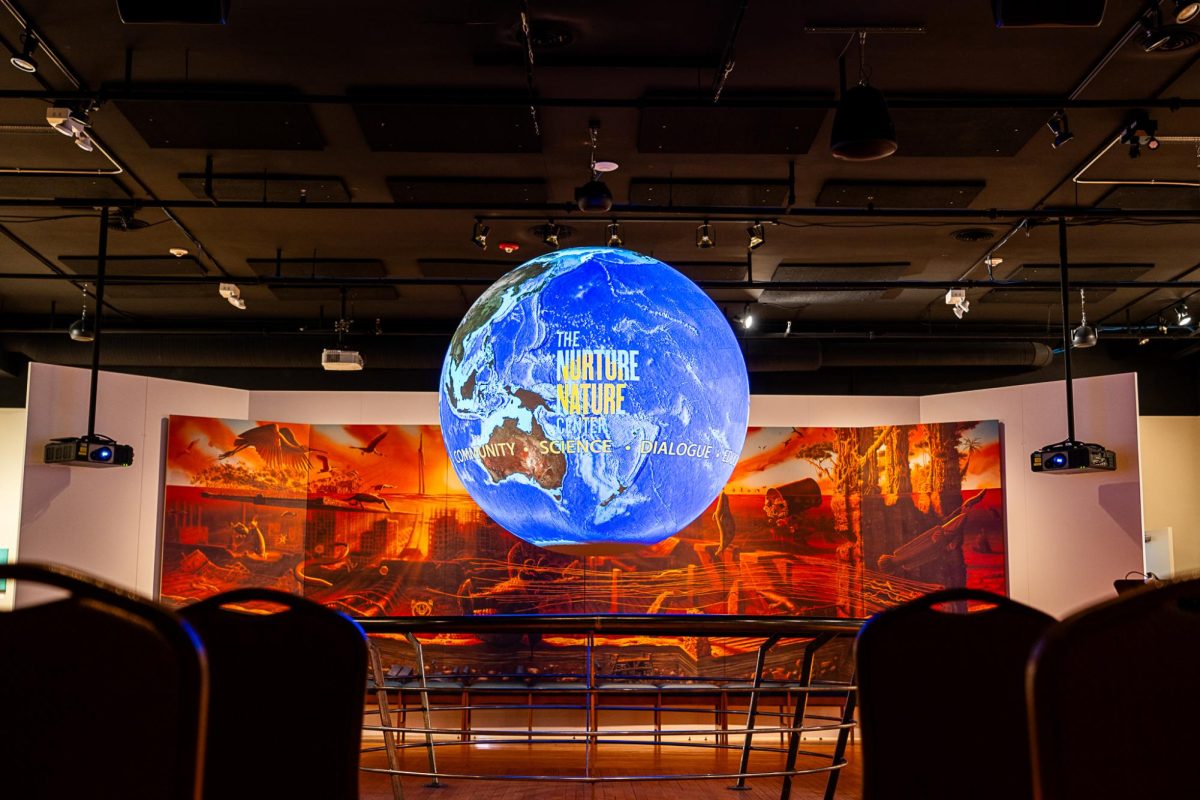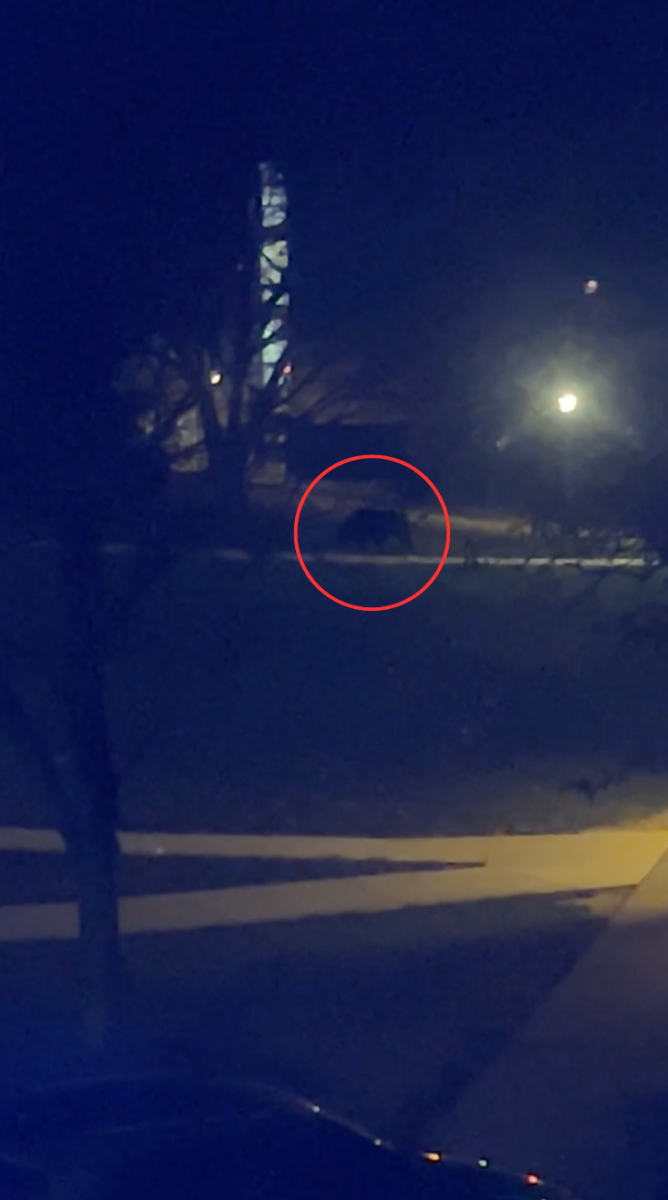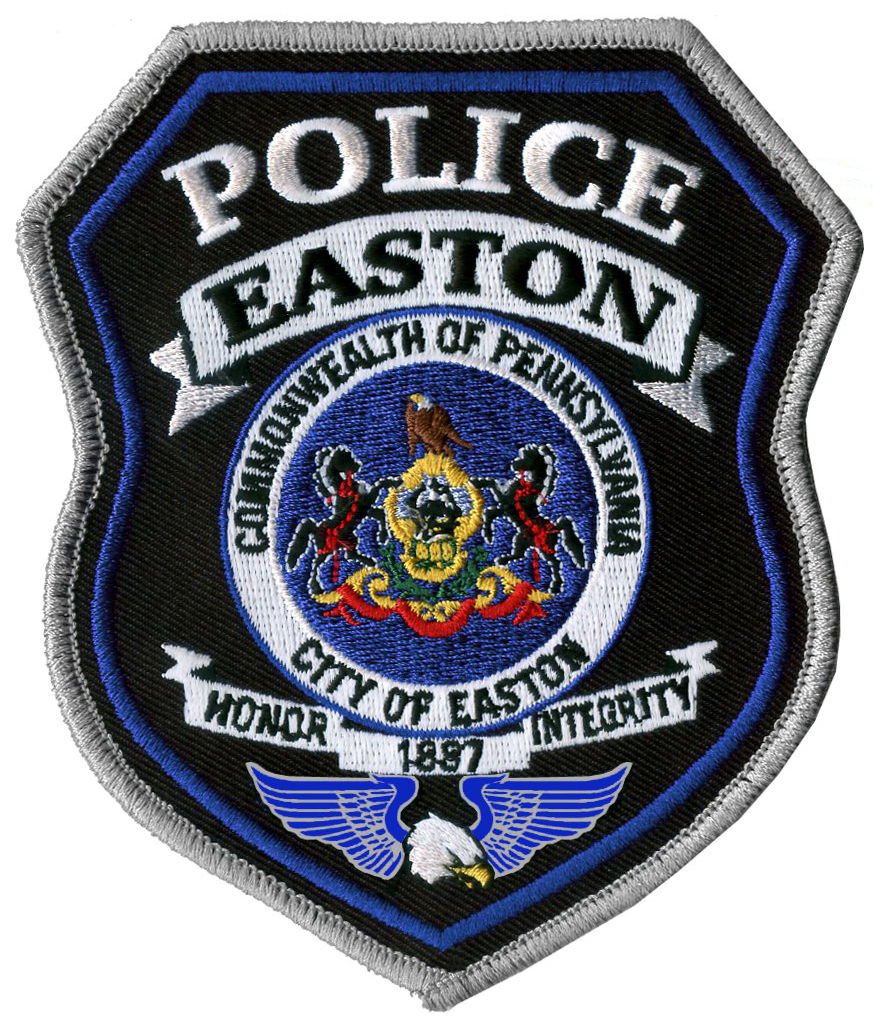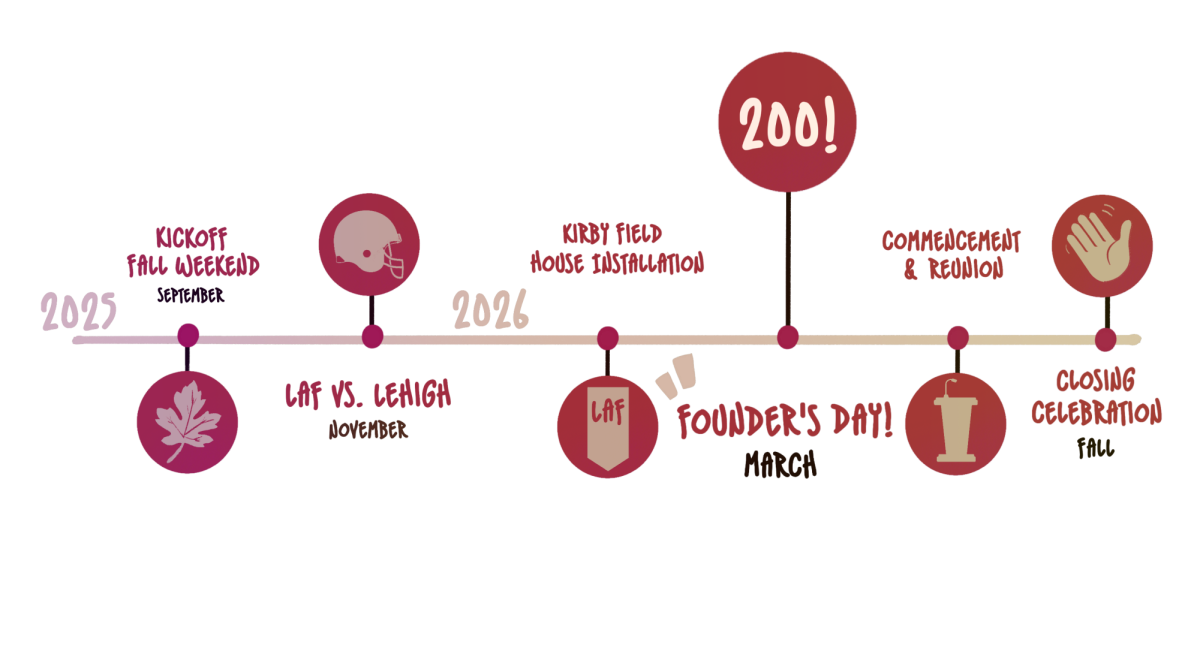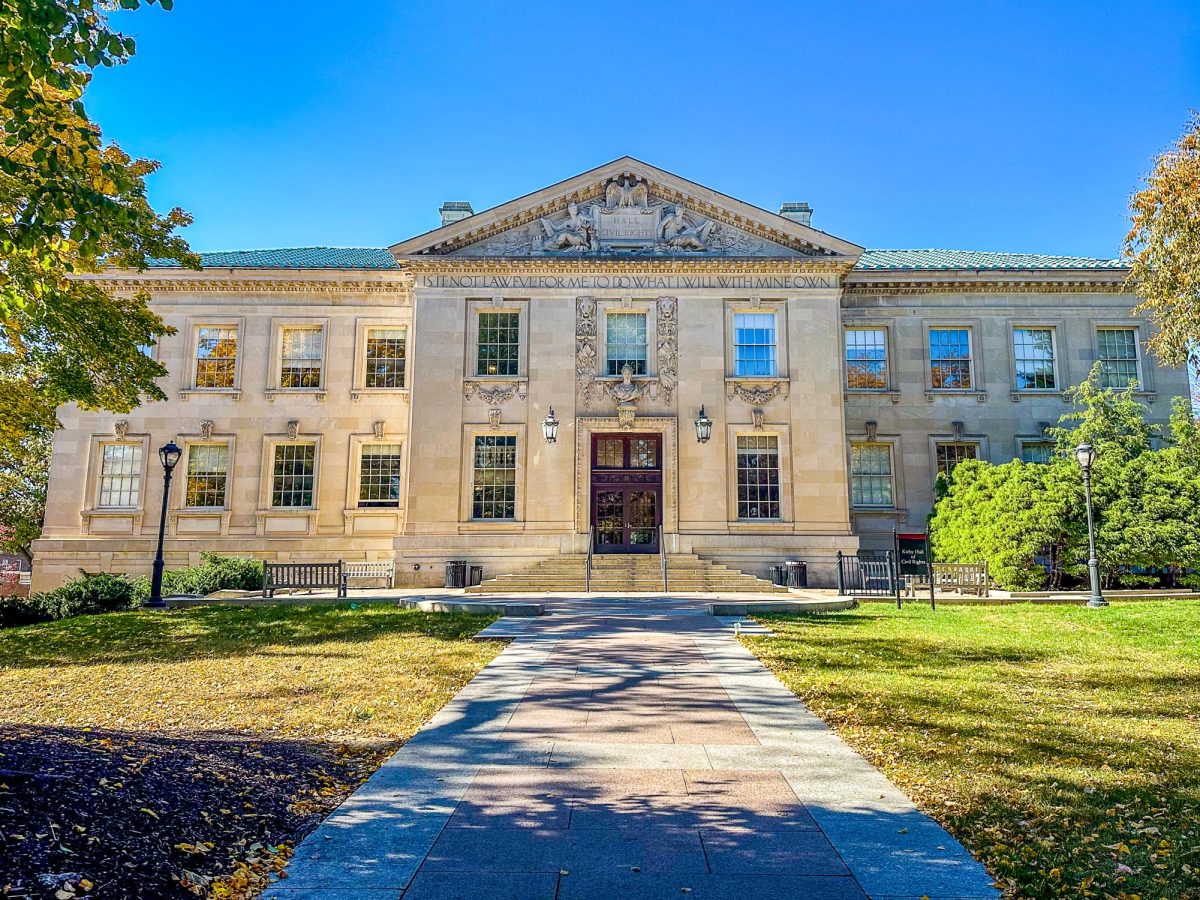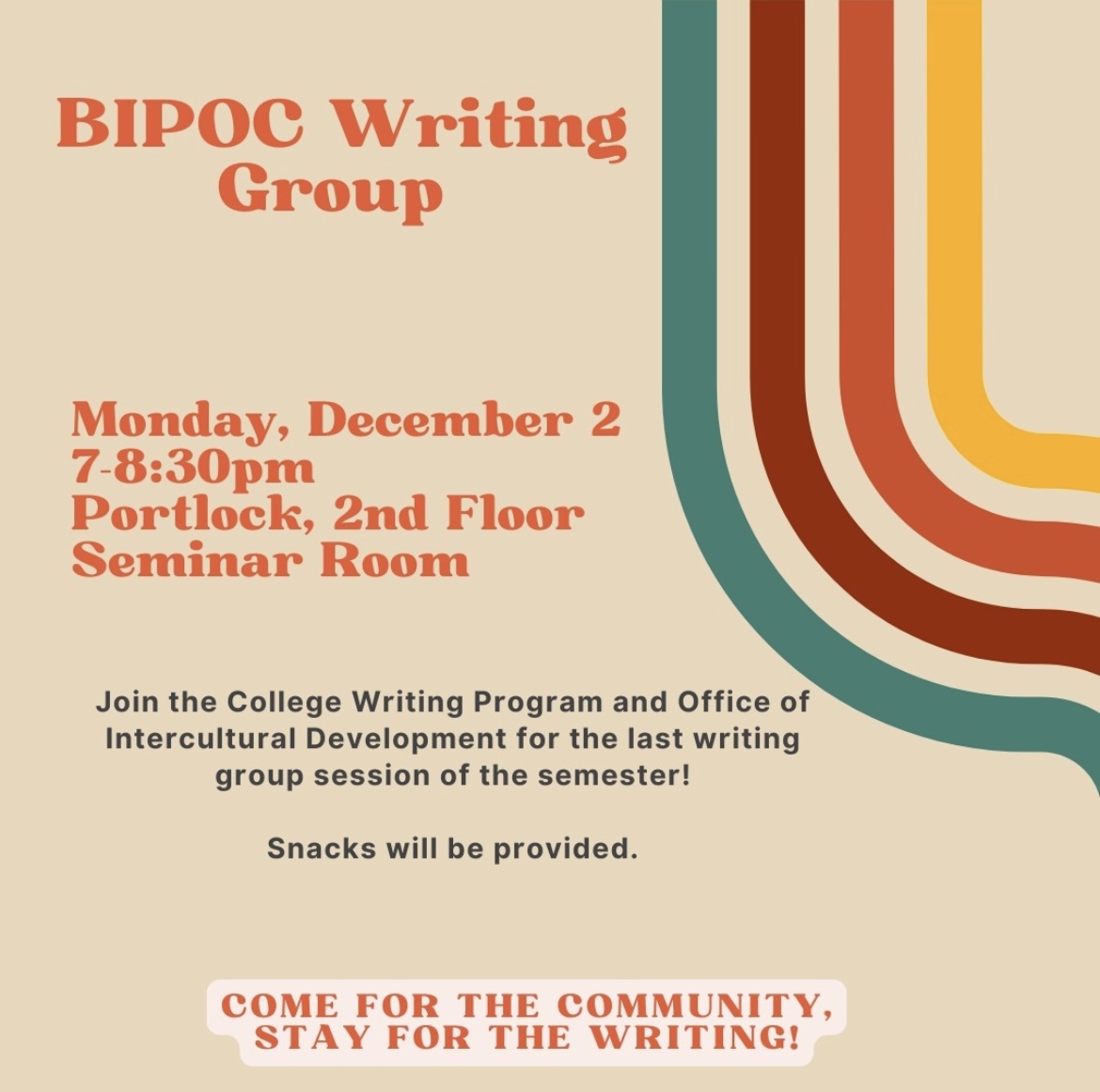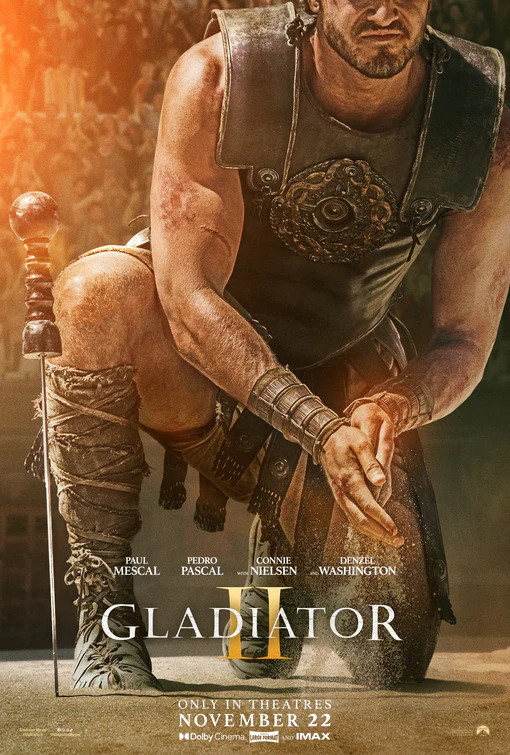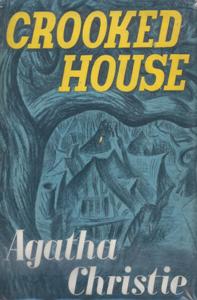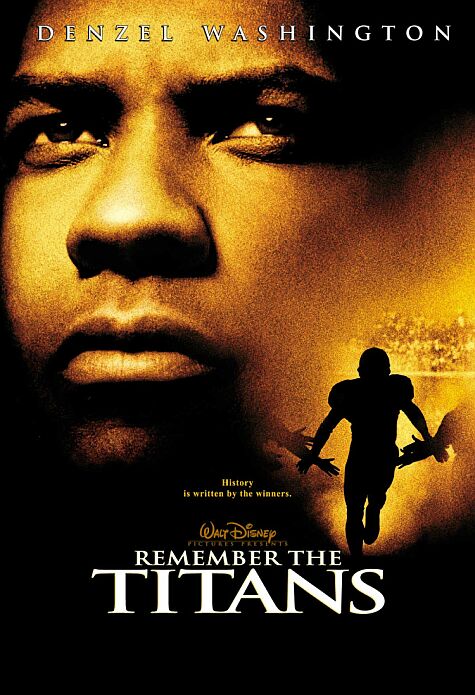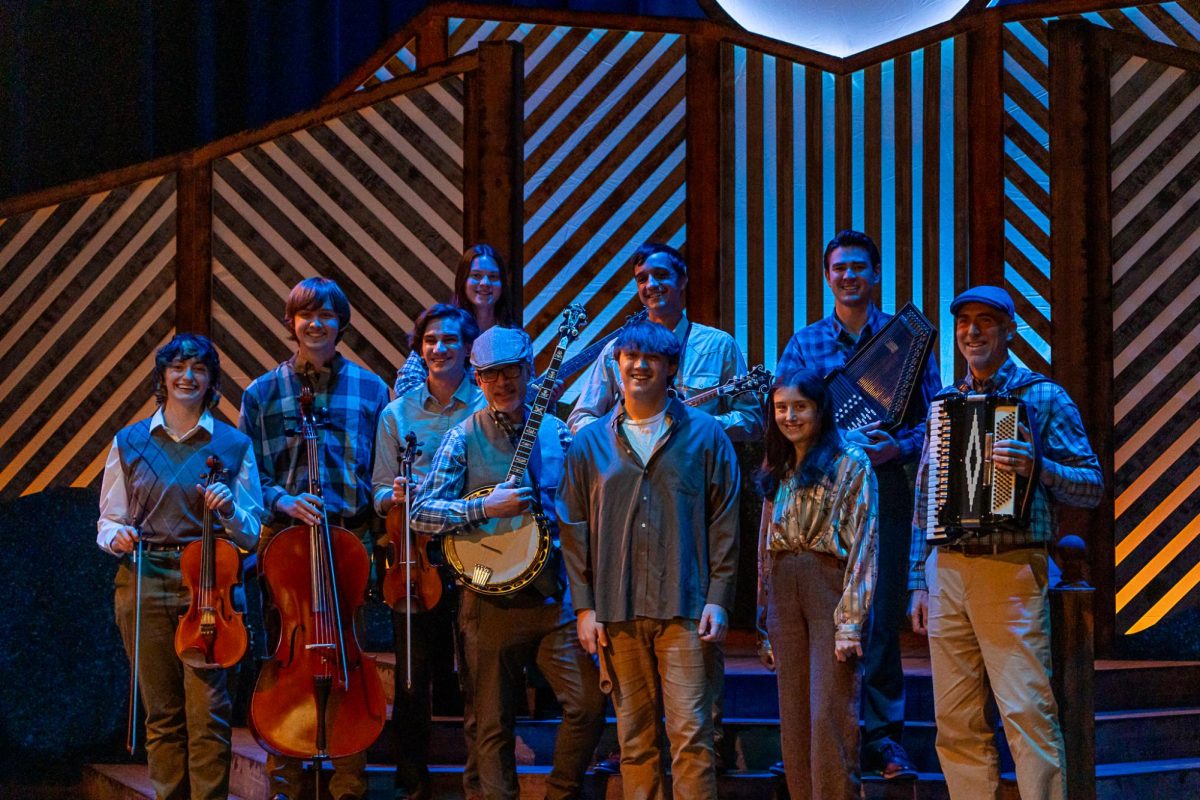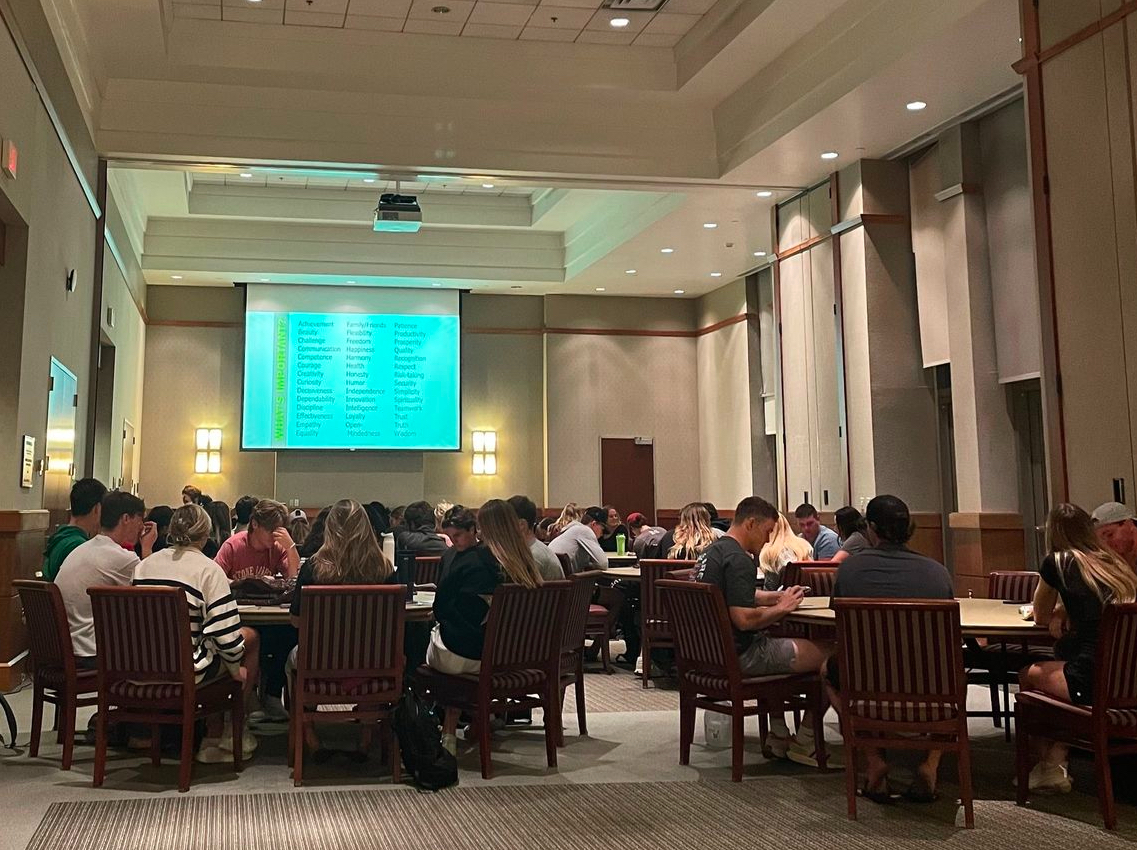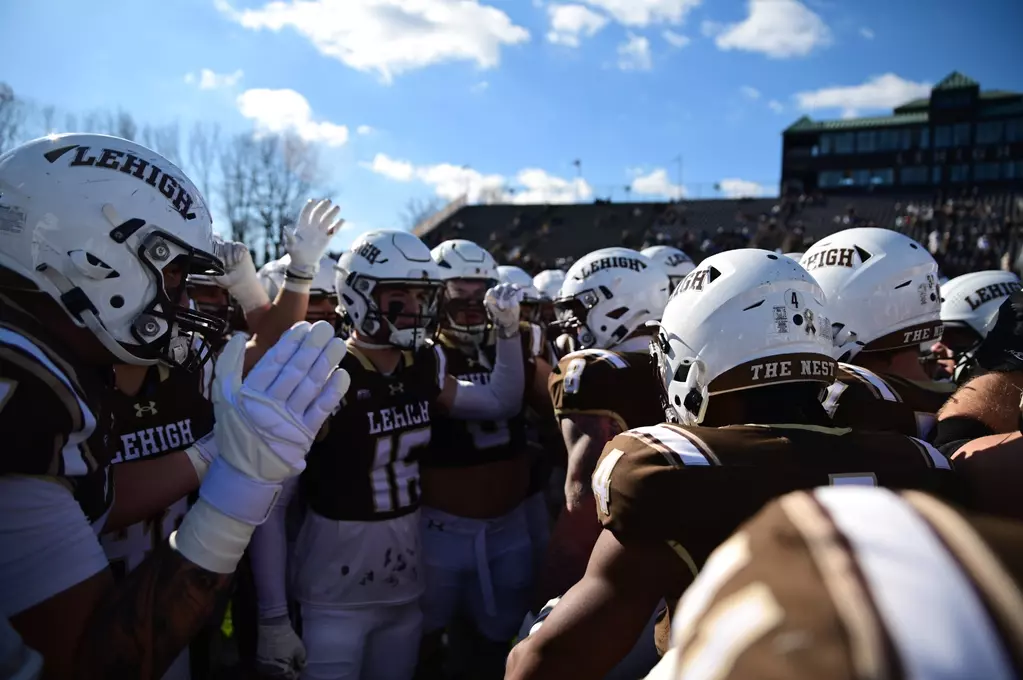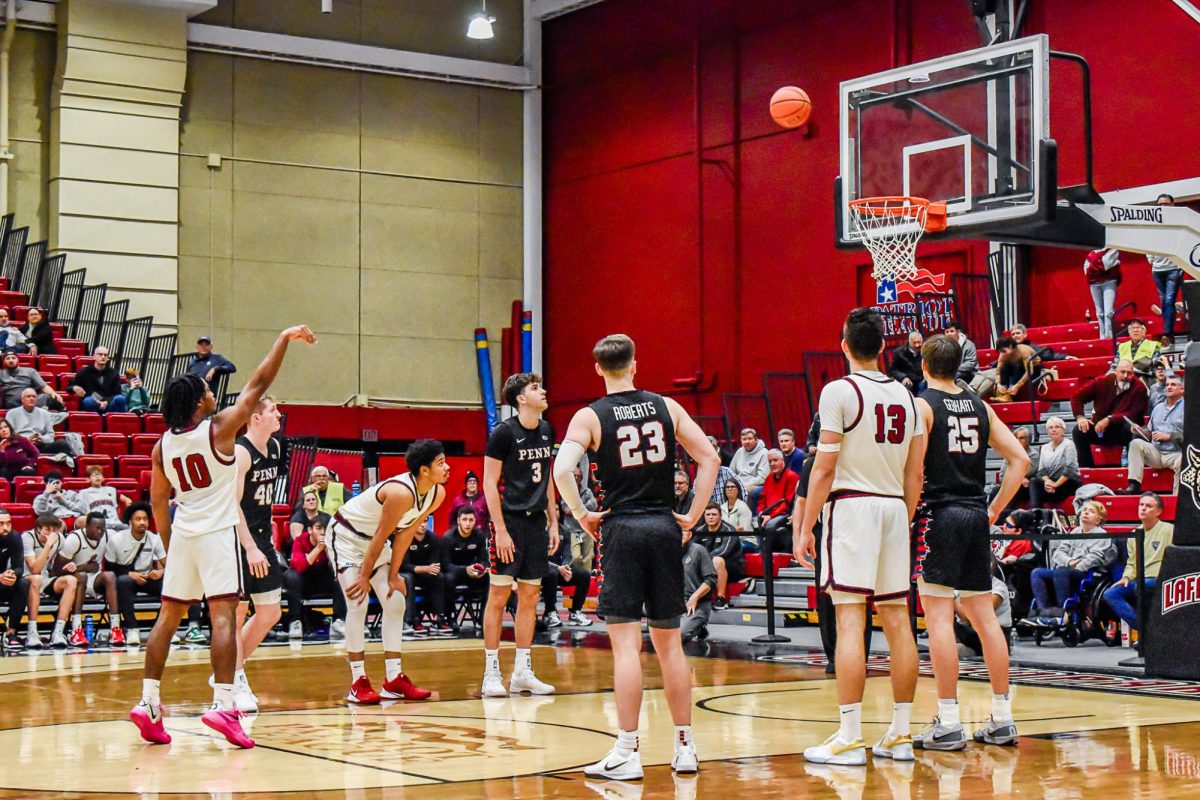Charlie Hebdo and the veiling of racism and xenophobia behind freedom of speech discourses
The United States is founded on the tenets of democratic governance of the people, by the people and for the people. It has long prided itself on its unerring guarantee to all that touch U.S. soil the automatic right to freedom of speech and freedom of religion. Throughout history, the United States has often centered its foreign policy on the importance of spreading these democratic principles, and has garnered a reputation for outwardly speaking against violations of such freedoms abroad. In the present day, it has been portrayed by U.S. leaders that the largest threat to these freedoms has been terrorist acts of violence witnessed across the globe, one of the most recent to receive global attention occurring at the French headquarters of the satirical newspaper, Charlie Hebdo.
Charlie Hebdo esteemed itself as a disseminator of secular knowledge, using satire as a means to portray contemporary global issues in a way that would regularly elicit shock and subsequent national attention. One of its most controversial publications depicted the Prophet Mohammad naked and assuming pornographic positions; another showed a Muslim being shot as he holds the Quran, with a headline stating, “The Quran is worthless… It doesn’t even stop bullets.” Charlie Hebdo has faced several lawsuits in the past, on the basis that the newspaper has continuously perpetuated hate speech against Muslims. An act of violence transpired at the headquarters on Jan. 7 when several editors of the newspaper were brutally murdered. The first news that surfaced about this terrorist act was the religious identity of the two murderers, widely depicted as Muslims that carried out this attack as a symbol of the extents to which Islamic extremism will go to stifle freedom of speech and freedom of the press within Western democracies. A wave of protests mobilized around the slogan “Je suis Charlie,” or, “I am Charlie,” to show solidarity and support for the principles of freedom in French society.
I recently attended an event on campus about the massacres that occurred at the Charlie Hebdo headquarters. A discussion was generated about whether limitations to freedom of speech exist. Although I understand that freedom of speech is a democratic principle that I enjoy, allowing me to make this publication freely without fear that I will be persecuted for my opinion, I also do not believe that these principles should give anyone the license to perpetuate hate speech. For me, the tension that I feel does not stem from the massacre itself – There is no question that this was a terrorist attack nor that these murders were unjust, regardless of the religious affiliation of the attackers. Yet, I find it problematic that this unapologetically offensive publication is being appropriated as a courageous symbol for freedom of speech and expression. I find it problematic that global citizens are now glorifying Charlie Hebdo as a heroic publication, with editors willing to die to keep the tenets of freedom of speech alive. I find it problematic that Charlie Hebdo is free to continue to publish hate speech, yet Muslim protests against the offensive depiction of the Prophet Mohammad were banned from the streets of France in 2012.
Charlie Hebdo has disregarded claims that their publications are racist and Islamophobic by posing itself as an “equal opportunity offender,” through its controversial and offensive depictions of the Virgin Mary and the Pope in past publications, but I believe that the demographics and sociopolitical climate of France must be analyzed in light of the Charlie Hebdo massacre. Tensions run high amidst the vastly underrepresented and oppressed Muslim population of France, who has routinely been subject to discriminatory laws, such as the ban on burqas, and other violent attacks on mosques. There is certainly a difference between satirizing Christianity within a state that has a wide Christian majority, and satirizing the experience of a minority group that is oppressed and systematically denied freedom of speech and expression, such as the Muslim population of France. Ultimately, I believe that the freedom of speech discourse being employed by Charlie Hebdo supporters is a means to justify offensive speech within a largely Islamophobic global society. There is a way to speak freely without being racist, hateful and xenophobic.


